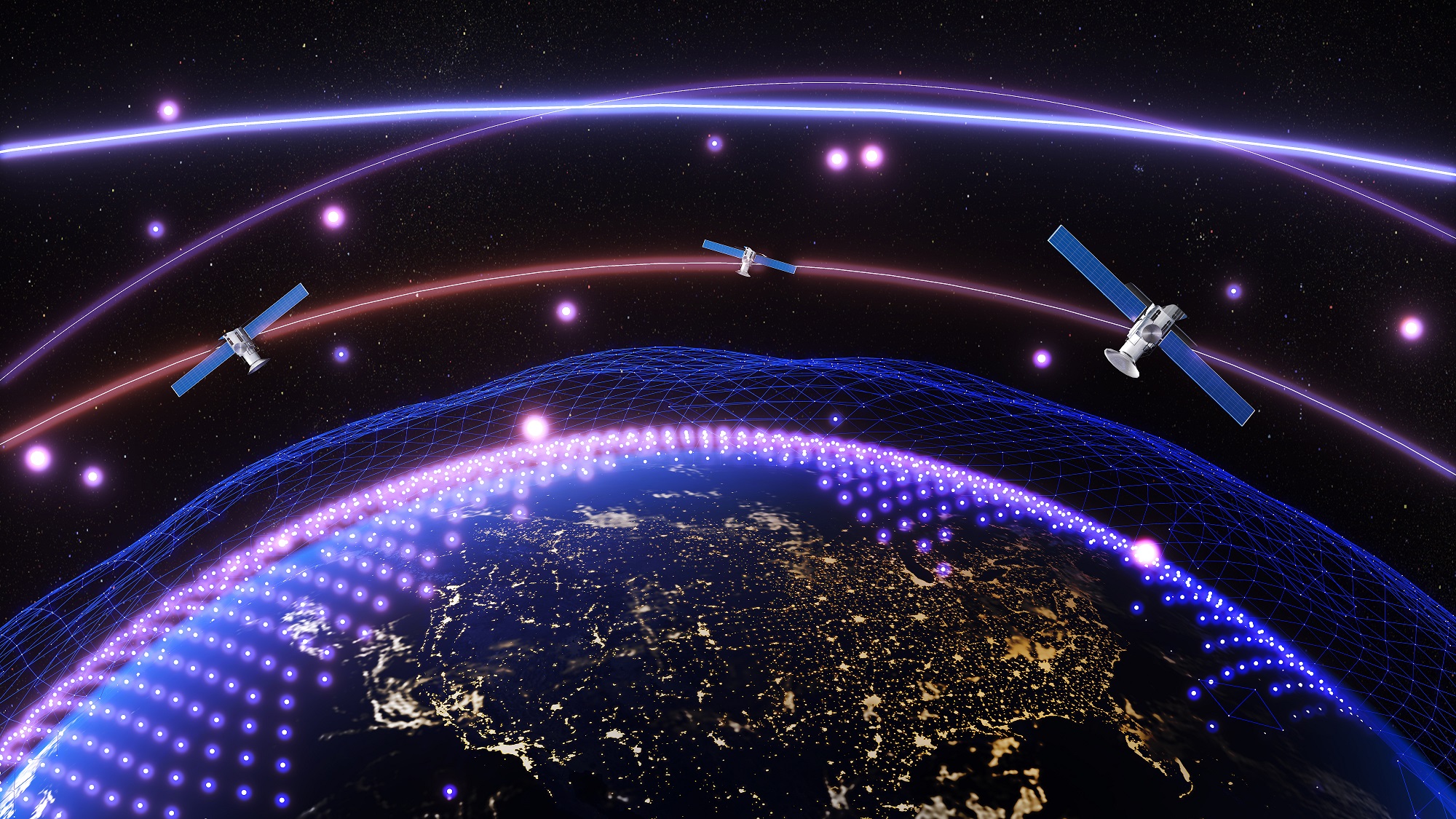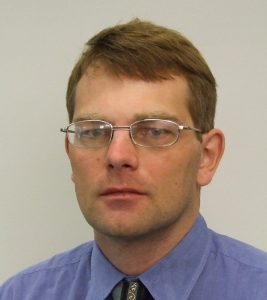
Stefan Söderholm
Stefan Söderholm is currently working as the GNSS Component Group Manager and Team Leader for the Position Engine Integration Team at Septentrio. He also functions as the General Manager for Septentrio Finland Oy. Stefan received his MSc degree from Åbo Akademi University, Department of Experimental Physics, in 1991 and his Licentiate degree from University of Turku, Department of Applied Physics, in 1996. In 2000 he joined a Finnish company Fastrax Ltd. that developed GPS receivers for the mass market. At Fastrax he worked as a software developer, project manager and later as the Vice President responsible for R&D. This work included responsibility and team lead for the development of the company’s embedded GPS software suite and Software GNSS receiver. In 2014 he joined the Finnish Geospatial Research Institute (FGI) as the leader of the Satellite and Radio Navigation research group. The group worked with several EU and ESA funded projects related to precise point positioning, multi GNSS receivers, anti-jamming and anti-spoofing. In May 2018 Stefan joined HERE Technologies where he worked as a Lead Software Engineer for the Positioning Team. The Team was responsible for the company’s work on improving GNSS accuracy and reliability. This included algorithm development and product specifications within the technology areas of Precise Point Positioning, anti-jamming and anti-spoofing. At the end of 2020 he left the company to join Septentrio. Stefan has 20+ years of experience in algorithm development, team management, strategy planning and IPR work within the area of GNSS. He has published 30+ scientific papers and is a recognized speaker at international GNSS conferences.
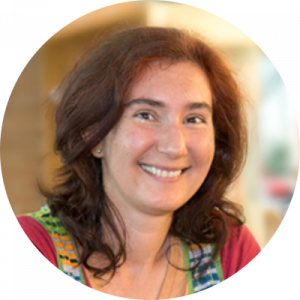
Simona Lohan
E.S. Lohan is a Professor at ITC-EE unit at TAU, a Visiting Professor at Universitat Autonoma de Barcelona, and the leader of TLTPOS research group on Signal processing for wireless positioning at TAU (www.cs.tut.fi/tlt/pos). She is a co-editor of the first book on Galileo satellite system (Springer “Galileo Positioning technology”), co-editor of a Springer book on “Multi-technology positioning”, and author (or co-author) in more than 280 international peer-reviewed publications. She is also an associate Editor for RIN Journal of Navigation and IET Journal on Radar, Sonar, and Navigation. E.S. Lohan was involved, as scientist in charge, PI, and/or equality officer in several national and international projects, such as: EU FP6 project GREAT and EU FP7 project GRAMMAR focusing on mass-market satellite navigation receivers, ESA-funded SCARBOC project focusing on unambiguous acquisition and tracking in Galileo, FP7 Marie-Curie ITN MULTI-POS, focusing on cognitive GNSS and non-GNSS positioning, and H2020 EMPHASIS, GATEMAN, and NewSense SESAR projects focusing on positioning and interference mitigation solutions for aircrafts and airports. She is currently coordinating a MSCA European Joint Doctorate network (www.a-wear.eu) with 17 international units in the field of wearable computing. Her current research interests include signal processing for wireless positioning, LEO-PNT, and multipath and interference detection and mitigation.
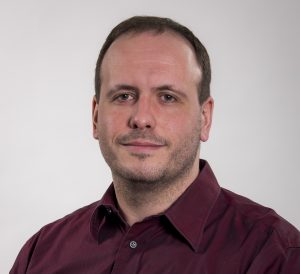
Aiden Morrison
Aiden Morrison received his PhD degree in 2010 from the University of Calgary, where he worked on ionospheric phase scintillation characterization using multi frequency civil GNSS signals. Currently, he works as a senior research scientist at SINTEF. His main research interests are in the areas of GNSS and multi-user collaborative navigation systems and GNSS RFI monitoring and analysis.
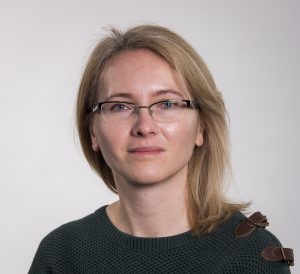
Nadia Sokolova
Nadezda Sokolova received her PhD degree in 2011 from Norwegian University of Science and Technology (NTNU), where she worked on weak GNSS signal tracking and use of GNSS for precise velocity and acceleration determination. She is now working as a senior research scientist at SINTEF, and adjunct associate professor at the Engineering Cybernetics Department, NTNU, focusing on GNSS integrity and multi-sensor navigation for autonomous system operations.
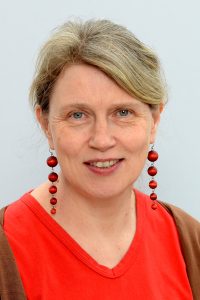
Kirsti Kauristie
Dr. Kirsti Kauristie’s expertise areas are in high-latitude ionospheric physics: Auroras, their electrodynamics, and variations in the ionospheric electron content. She works as a scientist in the space weather research group at the Finnish Meteorological Institute. Kauristie represents Finland in the Program Board of the ESA Space Situational Awareness program. Since 2018 she has served also as the scientific coordinator of the PECASUS initiative providing civil aviation with global space weather advisories according to ICAO standards and practices.
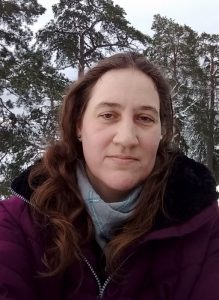
Titti Malmivirta
Titti Malmivirta is a doctoral researcher at the Spatiotemporal Data analysis group at department of Computer Science, University of Helsinki. She received her M.Sc. degree in computer science from University of Helsinki in 2020. Her research concentrates on developing deep learning methods for GNSS resilience and she is currently working in the Reason (AoF) and Arfidaas II (ESA) projects.
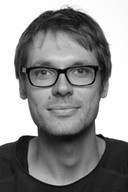
Philipp Richter
Philipp Richter is a system architect at u-blox whose work is focused on the security of GNSS receivers. He received the Dipl.-Ing. degree in electrical engineering from Technical University of Darmstadt, Germany, and the DEng degree from Autonomous University of Queretaro, Mexico, in 2008 and 2016, respectively. He has been working on positioning technologies for more than ten years. Prior to joining u-blox, he worked as a post-doctoral researcher with the Tampere University, Finland, and for the Fraunhofer IIS in Nuremberg from 2009 to 2012. His interests in Bayesian inference and other data fusion techniques, signal processing and machine learning help enhancing the resilience of GNSS receivers against jamming, spoofing and cybersecurity threats.
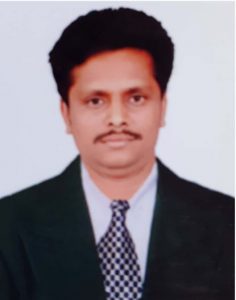
Arul Elango
Arul Elango is a Postdoctoral Researcher at Spatiotemporal Data analysis group, Department of Computer Science, University of Helsinki, Finland. His research works involved on developing various Signal Processing algorithms to counteract the effects of intentional and unintentional threats to software defined GNSS receivers and designing of software based GNSS Signal Simulators. His present research work comprises on developing deep learning methods for GNSS resilience and anomaly monitoring.

Mikael Alexandersson
Mikael Alexandersson has been working with GNSS at the Swedish Defense Research FOI since 2001. Mikael has been involved in testing GNSS receivers for the Swedish Armed Forces both in lab testing and in field trials. Hi is also responsible for the FOI GNSS Simulator lab at Linköping
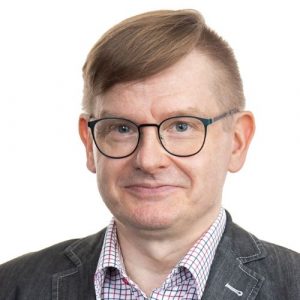
Jari Hänninen
Mr. Jari Hänninen received his Master of Science in Electrical Engineering degree at Helsinki University of Technology (HUT) in 1991 and his Doctor of Science in Electrical Engineering degree at HUT in 2004. His doctoral thesis was about solving electromagnetic boundary problems with equivalence methods. He worked as a research engineer at the Finnish Air Force in 1991–98, as a researcher at HUT (later Aalto University) in 1999–2016, and has been working as a senior specialist in the Finnish competent PRS authority at the Finnish Transport and Communications Agency Traficom (former FICORA) since 2016. His expertise covers electromagnetic field theory, digital signal processing, digital communications, radio engineering, and satellite communications.

Zahidul Bhuiyan
Zahidul Bhuiyan is a Research Professor at the Department of Navigation and Positioning in Finnish Geospatial Research Institute. His main research interests include multi-GNSS receiver development, PNT Robustness and Resilience, seamless positioning, etc. He is actively involved in teaching GNSS related courses in Finnish universities and other training schools. He has been also working as a Technical Expert for the EU Agency for the Space Program (EUSPA) in H2020 project reviewing and proposal evaluation.

Robert Burke
Robert (Rob) Burke is the Senior Director of Business Development for French based company Orolia. He has been in the communications and technology industry for over 35 years in various roles with an emphasis in test, measurement & simulation. Rob has spent the last 12 years specifically focused on the analysis of GPS/GNSS systems and all aspects of positioning, navigation & timing (PNT). His formal education is in Computer Science from the University of Maryland, as well as Satellite & Telecommunications through the US DoD. He currently resides in Charlotte, NC USA, and travels extensively to work on projects & programs around the globe.
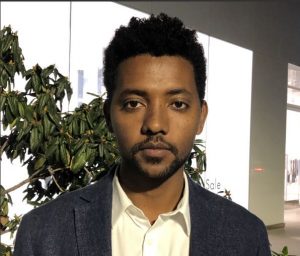
Kibrom Ebuy Abraha
Kibrom has more than ten years of experience in satellite (mainly GNSS) Geodesy and data processing – from GPS-based to Multi-GNSS solutions. He holds a PhD in GNSS geodesy where his work was mainly focused on the analysis of multi-GNSS data for geoscience applications. He also has experience in industrial geodesy where geodetic applications are employed in the industry, for example, for the alignment of accelerator components. Kibrom’s experience also includes implementing data science and machine learning algorithms on historical GNSS data to predict, for example, GNSS signal disruptions. He is currently working as a GNSS researcher and developer at Lantmäteriet (the Swedish Mapping, Cadastral and Land Registration Authority) and has been actively involved in the development of a system for monitoring interference and disturbances of GNSS signals over the past year.
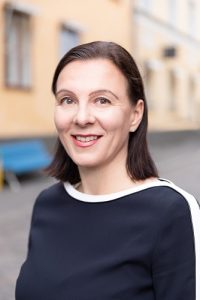
Laura Ruotsalainen
Laura Ruotsalainen is an associate professor in computer science at the University of Helsinki. She leads a research group in spatiotemporal data analysis for sustainability science (SDA) which performs research on estimation and ML methods using spatiotemporal data. She has a long research career in the navigation field including GNSS and sensor fusion for urban and indoor environments, analysis of GNSS signal characteristics, GNSS interference mitigation and deep learning methods for signal characterization. She is a member of the steering group of the Finnish Center for AI (FCAI) and leads a FCAI Highlight area called Sustainable AI. She is also a professor at the Helsinki Institute of sustainability Science (HELSUS), which is a cross-faculty research unit in sustainability science within the University of Helsinki.
